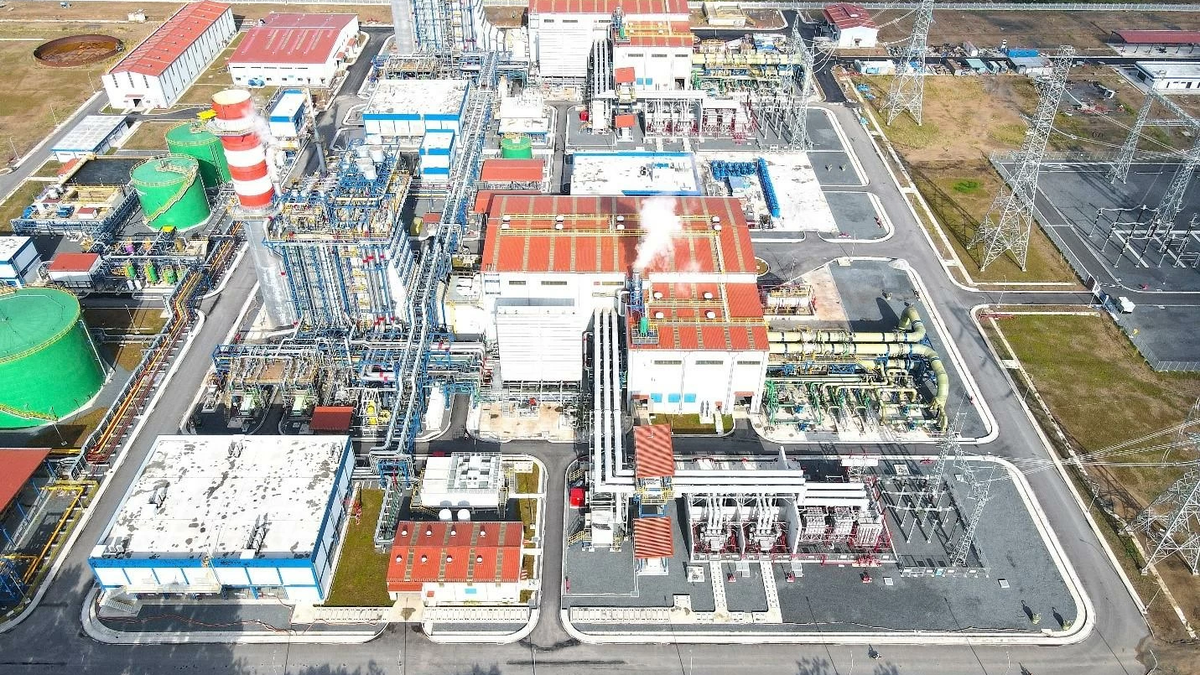
The Ministry of Finance has just completed a draft amendment to Decree 103 on land use fees and land rents. According to this draft, in addition to the option of maintaining the additional 5.4% collection on the amount of land use fees payable (as in the previous draft and current regulations), the ministry has added two other options.
The first option is to completely remove the regulation on additional land use fees and assign the Government to consider it during the process of amending the 2024 Land Law, because this is a complicated and sensitive content that has a great impact on the budget as well as businesses.
Option 2 is to keep the additional collection regulation but adjust the collection rate down to 3.6% per year, calculated based on the average of three indexes: 1-6 month deposit interest rate, consumer price index (CPI) and average inflation rate in the period 2014 - 2024.
The Ministry of Finance assessed that the adjustment according to two options for handling additional land use fees, a content that has caused controversy in the past, helps harmonize the interests between the State and land users.
Previously, the old draft of the Ministry of Finance proposed a collection rate of 5.4% per year calculated on the amount of land use fees or land rent payable during the period when financial obligations have not been determined. However, this collection rate was opposed by many businesses and associations because it did not reflect reality. Many localities also proposed to reduce the collection rate and assessed that the 5.4% rate was not appropriate and could cause difficulties for businesses, especially in the context of the market needing to recover.
Previously, the Ho Chi Minh City Real Estate Association (HoREA) also proposed to remove the regulation on collecting land use fees with a delay period determined before August 1, 2024, the effective date of the 2024 Land Law. The association proposed to subtract 180 days, corresponding to the maximum period that the provincial People's Committee is allowed to issue land prices, from the time for calculating the collection to ensure fairness for businesses.
HoREA believes that financial obligations should only arise after the tax authority has notified them, and retroactively from the time of land allocation will create an unnecessary burden. In addition, most cases of delayed financial obligations are due to problems from the management agency, not the fault of the enterprise, and the enterprise should not be forced to bear this revenue.
HoREA also noted that land use fees are essentially an upfront investment that is included in the selling price. If additional charges are collected, the costs will be passed on to consumers, reducing access to housing and causing an imbalance between supply and demand in the market.
TH (according to VnExpress)Source: https://baohaiphongplus.vn/bo-tai-chinh-de-xuat-giam-muc-truy-thu-tien-su-dung-dat-xuong-3-6-moi-nam-416136.html




























![[Photo] Gia Lai provincial leaders offer flowers at Uncle Ho's Monument with the ethnic groups of the Central Highlands](https://vphoto.vietnam.vn/thumb/1200x675/vietnam/resource/IMAGE/2025/7/9/196438801da24b3cb6158d0501984818)








































































Comment (0)